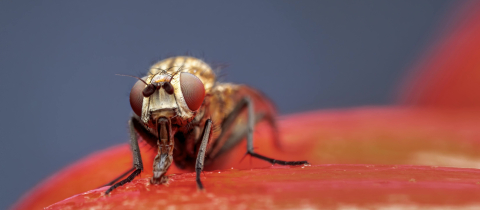This article was first published in The Skeptical Inquirer.
Teething has been held responsible for everything from fevers to colic, but there’s no reason to believe the protrusion of teeth causes anything worse than mild discomfort, and there’s danger in misdiagnosis.
The idea that teething causes illness is not new, but neither is the knowledge that it doesn’t. Dr. Cyril Josephs wrote in 1970 in the Correspondences of the British Medical Journal, “The abnormal signs and symptoms ascribed to teething cover everything that a child can have wrong with him between the ages of six months and two years. Between these ages children are often unwell.” Josephs having written thirteen years earlier in 1957, “Let us admit once and for all, that teething causes only teeth.”
Nonetheless, a 2010 cross-sectional survey of 1500 parents found that “almost 75% of the participants incorrectly attributed fever, diarrhoea and sleep disturbances to teething.” “Everyone has an opinion about teething and how to treat it, and most of that advice is wrong or at least not based on any evidence,” writes Dr. Clay Jones.
Indeed, remedies in the forms of drops, creams, chews, jewelry, and more are abundant, and far more nefarious cures were previously more popular. Acts such as splitting the gums open, administering lead or mercury-based compounds, and homeopathy pervade the history of teething. This is undoubtedly a case of the “cure” being far worse than the “poison.”
“When older patients come in—6-year-olds or 12-year-olds who are getting their molars, they describe some mild discomfort,” says Dentist Grant Ritchey. Why would babies be any different?
To put it succinctly, we turn to Dr. Jones again: “At the most, teething probably produces mild discomfort.” And to highlight the importance of challenging such myths, we turn once more to Dr. Josephs, “For us to hang on to these diagnostic legends is to court danger.”







